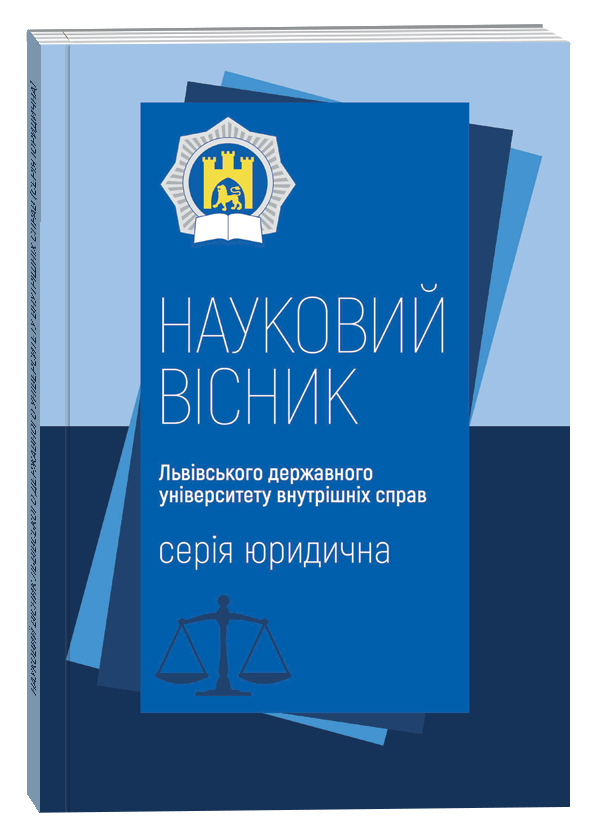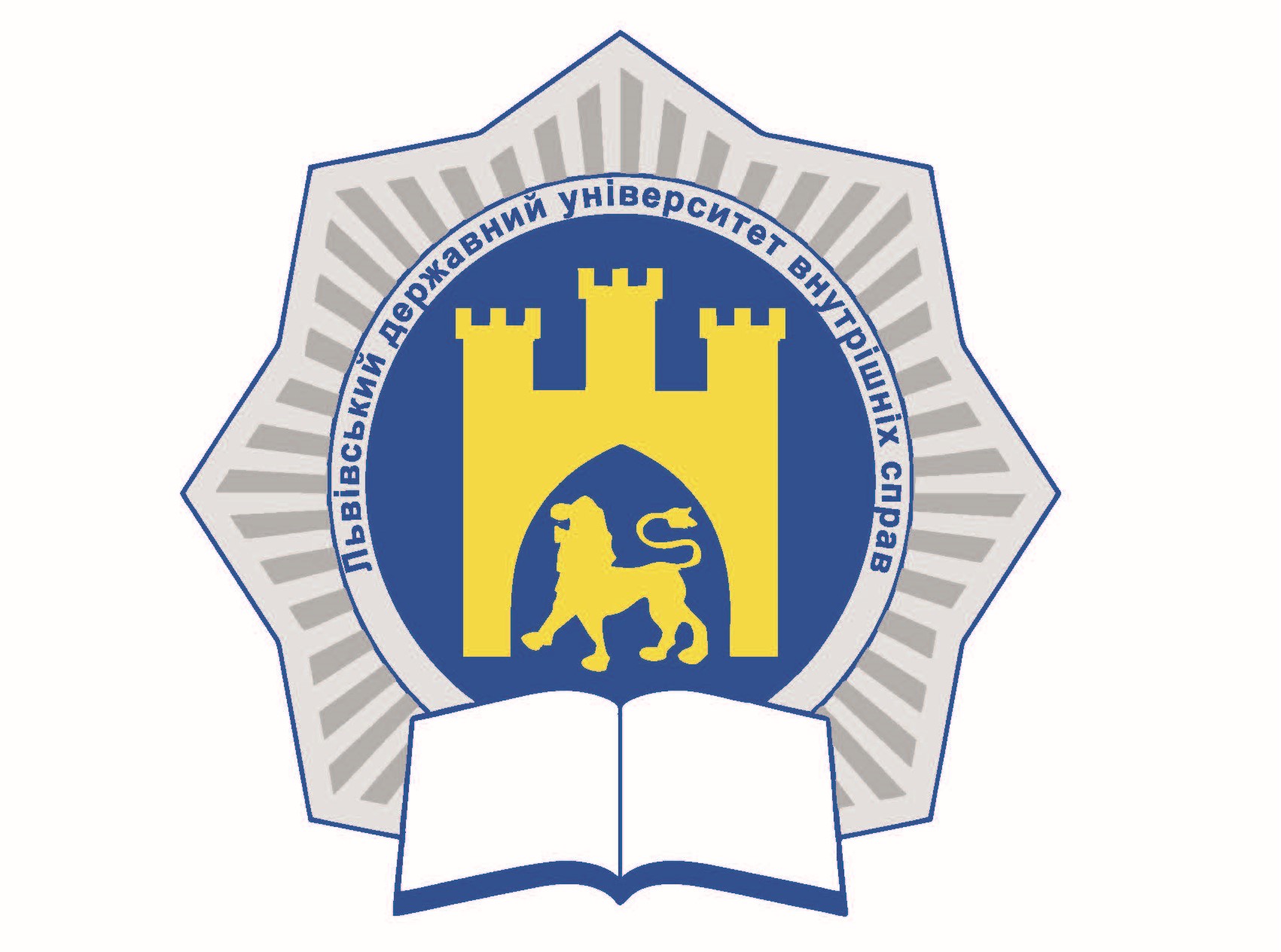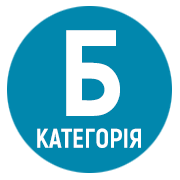METHODS OF RATIONAL USE OF JUDICIAL RESOURCES IN THE CONTEXT OF ORGANIZING THE JUDICIAL SYSTEM USING DIGITAL PLATFORMS
DOI:
https://doi.org/10.32782/2311-8040/2025-2-15Keywords:
information and communication technologies, experience of EU countries, organizational measures, workload on judges, redistribution, access to courtAbstract
The article, based on a comprehensive systemic analysis of the current legislation of Ukraine and regulatory acts of the European Union countries, considers methods of rational use of judicial resources in the context of organizing the judicial system using digital platforms. The relevance of the study is due to the presence of an uneven load on judges due to the need to transfer justice from the war zone. The object of the article is legal relations related to the organization of judicial activity under martial law. The subject is formed by the principles and norms of national law and the law of the European Union member states that regulate legal relations related to the organization of judicial activity. The nature of judicial digital platforms as a way of implementing the functions of the judiciary in the digital environment is substantiated. The idea of a judicial (information) digital platform includes organizational, functional and technological aspects. As an organizational structure of the judicial system, the digital platform is considered as a spatial territory (places for communications) that unites the subjects of legal proceedings in the implementation of online justice, which entails the expansion of the content of the right of individuals and legal entities to judicial protection by including the right to remote participation in the resolution of conflicts and disputes by the court. It is noted that the platform model of organizing judicial activity changes the content of the principle of access to the court and the institution of jurisdiction, eliminating their connection with the territory as a geographical environment. The use of a judicial digital platform transforms the procedure for implementing organizational and procedural actions by participants in legal proceedings, introduces universal and uniform rules for all participants in legal proceedings, which are supported by the digital platform as a set of technologies, which requires guarantees for eliminating digital inequality in the field of judicial protection of rights.
References
Логвиненко Б.О. «Lean government» як новітня модель публічного адміністрування у сфері дорожньої інфраструктури: перспективи для України. Правові новели. 2022. № 18. С. 123–127.
Performance Framework for the EU Budget – Concepts and practices. Policy Department for Budgetary Affairs Authors: Iain BEGG et al. Directorate-General for Internal Policies PE 760.700 March 2024. URL: www.europarl.europa.eu/RegData/etudes/STUD/2024/760700/IPOL_STU(2024) 760700(SUM01)_EN.pdf.
Звіт за результатами оцінювання середніх витрат часу на розгляд справ для визначення коефіцієнтів навантаження на суддів. USAID-Україна. Київ : Кімонікс Інтернешнл Інк, 2020. 158 с.
Про судоустрій і статус суддів : Закон України від 02.06.2016 р. № 1402-VIII. URL: https://zakon.rada.gov.ua/laws/card/1402-19.
Борщенко В.В. Інформаційні технології в судочинстві: сучасний стан та перспективи. Вісник Одеського національного університету. Серія : Правознавство. 2024. Том 26. Вип. 1 (38). С. 7–11.
Очеретяний В.В. Цифрова трансформація судових послуг в Україні – здобутки та перспективи. Юридичний науковий електронний журнал. 2024. № 4. С. 672–675.
Кельбя С.Г. Доступ до правосуддя як елемент правовладдя у сучасній демократичній державі. Науковий вісник Ужгородського національного університету. Серія : ПРАВО. 2024. Випуск 83. Частина 1. С. 59–64.
Ковалів М.В., Сидор М.Я. Реалізація адміністративного судочинства на основі цифрової платформи. Науковий вісник Львівського державного університету внутрішніх справ. Серія юридична. 2024. № 2. С. 36–41.
Yesimov S., Borovikova V. Methodological foundations of information security research. Social and Legal Studios, 2023. № 6 (1). Р. 49–55.
Ковалів М.В., Єсімов С.С., Ярема О.Г. Інформаційне право України : навчальний посібник. Львів : Львівський державний університет внутрішніх справ, 2022. 416 с.
Берназюк Я.О. Наукові надбання як основа для наступних кроків на шляху інтеграції штучного інтелекту в систему правосуддя. 14.01.2025. Портал сучасного права. URL: https://so.supreme.court.gov.ua/authors/949/naukovi-nadbannia-iak-osnova-dlia-nastupnykh-krokiv-na-shliakhu-intehratsii-shtuchnoho.









